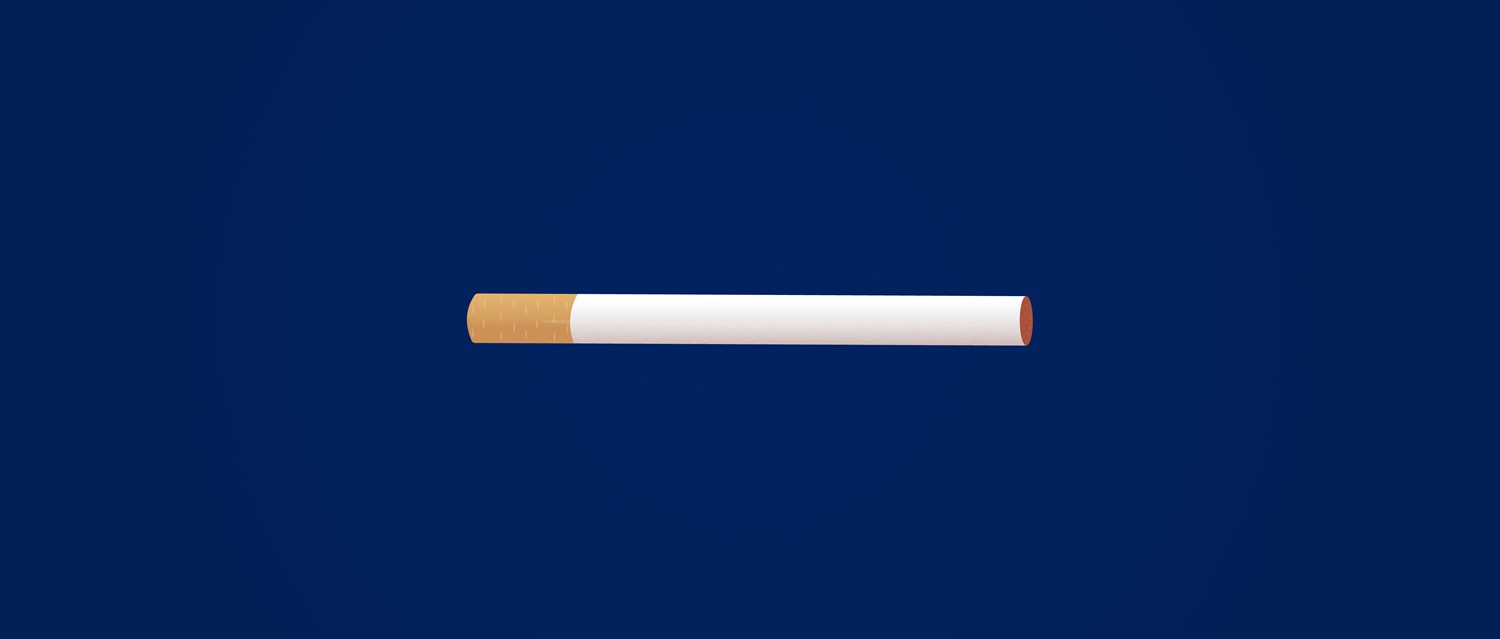
How to resist the toughest cigarette cravings
Peer reviewed by Dr Sarah Jarvis MBE, FRCGPLast updated by Julian TurnerLast updated 17 Jan 2019
Meets Patient’s editorial guidelines
- DownloadDownload
- Share
- Language
- Discussion
- Audio Version
Nicotine cravings are triggered by a variety of physical and psychological factors. Knowing what these are, when they are likely to occur and how to distract yourself can go a long way towards helping smokers quit for good. We ask a GP for their advice.
In this article:
Video picks for Smoking and vaping
Struggling with nicotine withdrawal as all around you give in to temptation, whether it be cigarettes, alcohol or food (or all three), is hard, but learning to first recognise and then successfully deal with whatever triggers your nicotine cravings can be a significant step towards quitting smoking for good.
Continue reading below
What are cravings?
Nicotine cravings can be defined as a significant physical urge for cigarettes, a complex process that involves chemical withdrawal in the brain, as well as the social or psychological desire to smoke.
"The physical and psychological elements of cravings are very closely intertwined, because generally speaking people don't crave things that they've never had before," says Dr Daniel Fenton, a GP at London Doctors Clinic.
Nicotine alters the balance of two chemicals, dopamine and noradrenaline, in the brain. This rapidly induces feelings of pleasure, reduces stress and anxiety, and changes concentration levels - and is the main reason why many smokers enjoy and become dependent on the nicotine 'rush'.
"As with any other drug, nicotine has a number of receptors in the brain," explains Fenton. "When you smoke, those receptors are saturated with nicotine and when you stop they become desaturated, precipitating a physical withdrawal state during which you crave or need the chemical.
"People will often complain of feeling on edge, anxious or more stressed without it, for example."
Be aware of your triggers
Back to contentsMost craving triggers typically fall into one of four categories: emotional triggers, pattern triggers, social triggers and withdrawal triggers.
Unsurprisingly, one of the most common social triggers for regular smokers is watching other people smoke. Seeing someone else lifting a cigarette to their mouth will often precipitate a withdrawal craving, as will the smell of cigarette smoke.
Pattern triggers such as alcohol are another salient factor, meaning that parties and social events can be an ordeal rather than a pleasure for many smokers wishing to quit.
"Drinking alcohol and smoking seemingly go hand in hand and that's typically a trigger for cravings, particularly among social smokers," confirms Fenton.
Emotional triggers such as stress at work, at home or in general life can also result in nicotine cravings, as can the physical withdrawal after not smoking for some time.
Continue reading below
Coping strategies
Back to contentsQuitting smoking may initially require some short-term adjustments to your social life and routines, but it's worth it. Remember, cravings are fleeting - take a deep breath and wait for them to pass.
Talking to a friend or family member about your cravings, doing exercise and using breathing exercises are three simple but effective ways of dealing with emotional triggers.
Fight pattern triggers by tweaking your daily routine - for example, if you associate smoking with drinking your morning coffee, take it at a different time in the day - or finding a replacement activity such as chewing gum or using an e-cigarette.
Social triggers can be especially tough. Try to avoid places where people smoke, and ask your friends not to smoke around you. Tell your friends and family that you have quit and ask for their support.
Distraction can help mitigate the effects of withdrawal triggers, but nicotine replacement therapy (NRT) may also be right for you.
"Remember, there's no need to do it alone," stresses Fenton. "Nicotine patches, nicotine gum, vaping, prescribed medication: these are all very useful in that they allow you to replace the nicotine in lower-quantity doses - a reducing regime, so you don't get the nasty side-effects of nicotine withdrawal, or the harmful effects of the tobacco and chemicals."
Medication that GPs and smoking cessation advisors can prescribe, such as varenicline (Champix), target the nicotine receptors in the brain - as opposed to just blocking the need for nicotine - and are also proven to be very useful in curbing cravings.
"See your doctor or smoking cessation advisor as soon as you start thinking about quitting. Medication can be used at the start of the quitting process, is perfectly fine and safe for the vast majority, and can be very effective," says Fenton. "It's about discussing with the individual what they want to do. People often use patches and gums, for example, in the first instance and then see their GP for medication."
Vaping and face-to-face support
Back to contentsOne of the most effective weapons in anyone's armoury when it comes to quitting cigarettes and coping with the subsequent cravings isn't available over the pharmacy counter.
Genuinely wanting to stop - rather than merely hoping or trying to - coupled with sheer willpower vastly increase your chances of dealing with cravings and their triggers, and quitting for good.
However, NHS research shows that only 3 in every 100 smokers manage to stop smoking permanently by going 'cold turkey'.
"There are over six million smokers in England and six in ten want to quit, but many try using willpower alone - or 'cold turkey' - despite this being the least effective method," says Martin Dockrell, tobacco control lead at Public Health England (PHE).
According to PHE, use of e-cigarettes - by around 2.5 million adults in England - has helped thousands of people successfully quit. What's more, an independent e-cigarette evidence review commissioned by Public Health England found that e-cigarettes are at least 95% less harmful than smoking. Yet in a recent study of 1,720 smokers and ex-smokers funded by Cancer Research UK, nearly half didn't know that 'vaping' was less harmful than smoking.
"Using a quit aid such as an e-cigarette or another type of nicotine replacement, such as patches, can significantly increase chances of quitting successfully, especially when combined with face-to-face support," says Dockrell.
"E-cigarettes are now the most popular way to quit in England and stop smoking services are still the most effective way to give up - with smokers using both having the highest success rates."
Patient picks for Smoking and vaping

Healthy living
Half of smokers would quit if they were paid to do so
Financial incentives would motivate half of smokers to quit, suggests a study.
by Ashwin Bhandari

Healthy living
How to resist the toughest cigarette cravings
Nicotine cravings are triggered by a variety of physical and psychological factors. Knowing what these are, when they are likely to occur and how to distract yourself can go a long way towards helping smokers quit for good. We ask a GP for their advice.
by Julian Turner
Continue reading below
Article history
The information on this page is peer reviewed by qualified clinicians.
17 Jan 2019 | Latest version

Ask, share, connect.
Browse discussions, ask questions, and share experiences across hundreds of health topics.

Feeling unwell?
Assess your symptoms online for free
Sign up to the Patient newsletter
Your weekly dose of clear, trustworthy health advice - written to help you feel informed, confident and in control.
By subscribing you accept our Privacy Policy. You can unsubscribe at any time. We never sell your data.